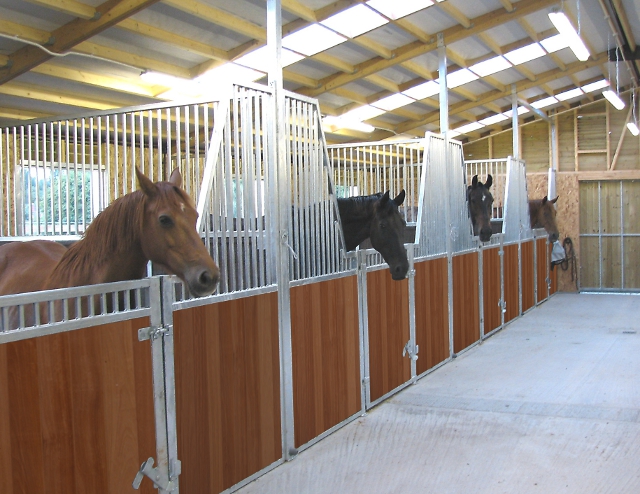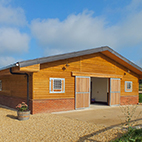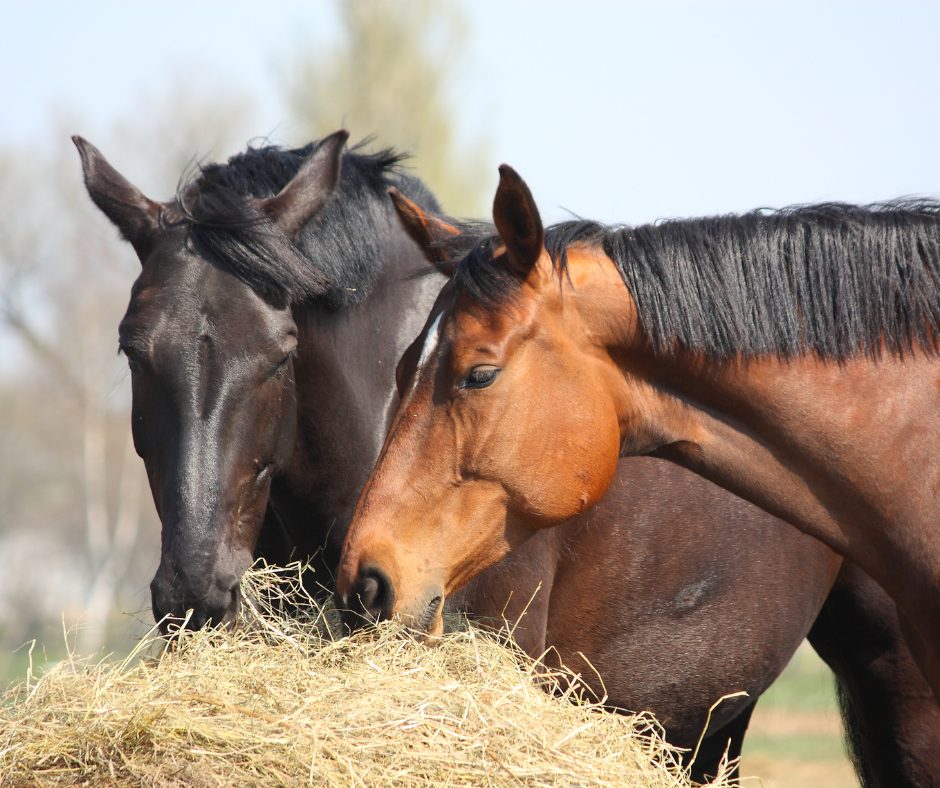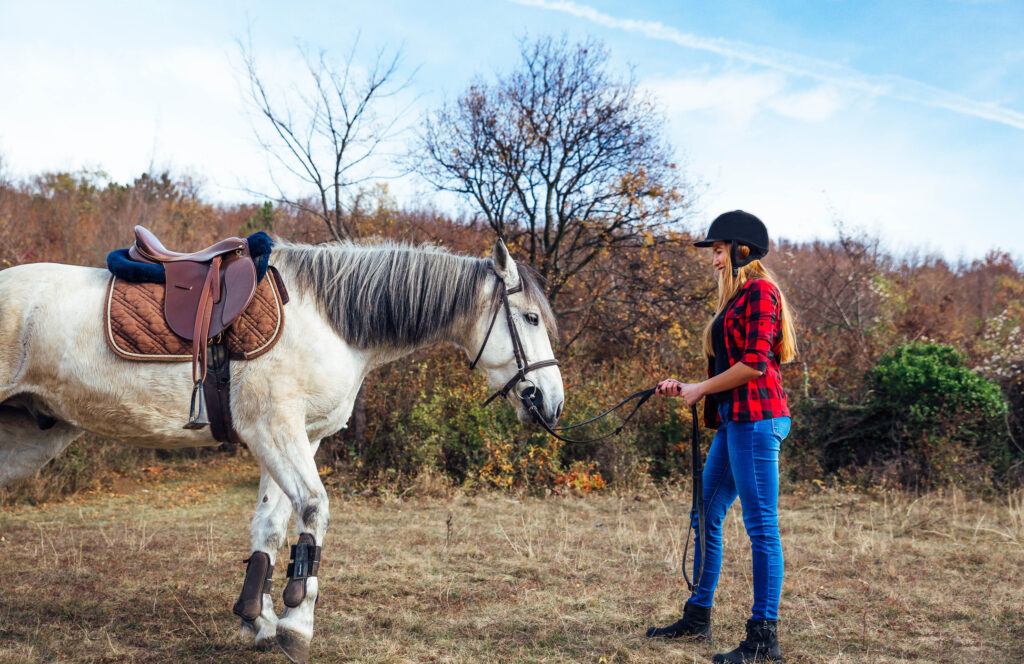If you are looking for a new and improved home for your horses, you may be a little unsure as to what type of equestrian buildings are available and which one you should be investing in.
In this article, we will look at different types of equestrian buildings you should take into consideration when looking for the best home for you and your horses. Before we start looking at the types of Equestrian buildings, let’s briefly look at what you need to consider before investing in a home for your horses.
Things to consider before investing in an Equestrian building
Horses and Spaces Available
Size and the type of building you invest in will depend on how many horses you have to stable and how much space you have available to build it. You also need to consider the surroundings, such as is it close to the pasture, is there enough space for onboarding your horses safely to a horse trailer, and other factors such as noisiness that may disrupt or cause stress to your horses.
Know what type of activities will be happening around or inside the buildings. Would you be grooming them inside or around the building? Would you need an arena to train your horses? Or will you need to add extra features such as hay storage, an office for you, or an equipment room?
Condition of your horses
If you own multiple horses, you will need to think about their personalities and preferences. Most horses are social, so they like to interact and live together. However, other horses may prefer to be stabled alone.
Additionally, illnesses, allergies, and infections should also be considered. If your horses require special care, treatments, regular check-ups, and medications, they might need to be kept separately so that you are not disturbing other horses, causing stress, and increasing the likelihood of cross-infections.
Do you have the required planning permission?
When building something new, you will need to acquire planning permission from a proper authority. Before designing and building your brand-new home for your horses, make sure that the planning permission is already acquired.
If this is not done, you will most likely be wasting time and money. If a building is constructed without the correct planning permission, you may need to pay a hefty fee, and in some cases, you might be told to tear down the building.
Not sure how to apply for planning permission? Jon William Stables can help!
We offer a full planning service where we handle everything for you. The service includes a site visit, consultations, site/block plans, external evaluations, preparing design and access statements and more. Visit our Planning Service page to find out more!

Types of Equestrian Buildings
There are ranges of equestrian buildings you can choose from depending on your requirements and needs. At Jon William Stables, we offer three key ranges, Stables, American Barns and Field Shelters. Read more about them below!
1. Stables (Static and Mobile Stables)
Timber stables are one of the most well-known buildings to keep horses. Stables are usually one building with several stables built next to one another, usually with doors that you can open directly into an open area.
These are great options when you are considering keeping your horses separately. This is particularly important if you have horses who need special care, are trying to reduce cross infections, or if they suffer from allergies or illnesses.
You can also invest in mobile stables that can be moved from one area to another. As mobile buildings are not permanent structures, you may not need to acquire planning permission meaning lower cost and quicker build. Browse our Stable range here!
2. American Barns
American barns are bigger buildings with everything kept under one roof, from your stabling area, grooming space, storage space, and even an office.
They are perfect for the exposed site and provide ultimate protection from the elements. Usually fitted with rear doors, the building offers greater ventilation which can be beneficial all year round.
Another great benefit of the American barn is that you can keep all your horses under one roof. Horses are generally known as social animals, so keeping them together means they can see and interact with each other, which can help prevent isolation and benefit their well-being greatly.
3. Field Shelters (Static and Mobile Shelter)
Field shelters are the perfect solution if you have horses who like to stay outdoors. Whilst keeping horses outdoors is okay, it is crucial that they have a reliable shelter to protect themselves against any extreme weather conditions like storms, heavy rains, extreme heat, as well as flies, insects and other pests.
You can either go with a static field shelter that can be built on a concrete base or can be constructed directly on the field or a mobile shelter that comes with skids so you can move them around as desired.
Some benefits of field shelters include:
– Quick and Easy to Design and Build
– Most of the time, no planning permission is required
– Cost-effect option
– Great ventilation
– Highly durable and easy to maintain
– If getting mobile shelters, you can easily move your shelter from one area to another
– Can be bespoke based on your requirements and needs
Explore our field shelter ranges here.
4. Hay Barns
Hay barns are not used for stabling horses but are essential to keeping hay and other feed fresh and undamaged. If hay is not stored correctly, it can get damaged easily due to mould, moisture, pests, etc. This can be highly costly for you as you may be forced to throw away the damaged hay.
The best solution is to invest in a well-built, reliable hay barn with easy access and proper ventilation. At Jon William Stables, we have been manufacturing hay barns since 1983! This means each of our barns comes with 25+ years of experience. Download our latest brochure to browse our hay barns range, prices and specifications.
If you are still unsure which equestrian building might be best suitable for you and your horses, our equestrian experts here at Jon William Stables can help! Head over to our contact page and fill out the enquiry form, or simply give us a call at 01380 850 965 to speak to our experts today!





